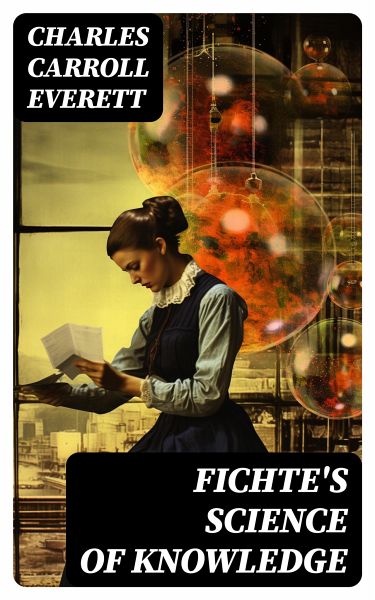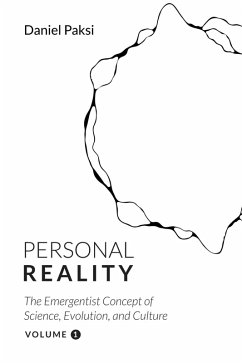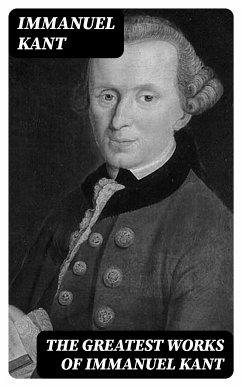
Fichte's Science of Knowledge (eBook, ePUB)

PAYBACK Punkte
0 °P sammeln!
In "Fichte's Science of Knowledge," Charles Carroll Everett delves into the intricate philosophies of Johann Gottlieb Fichte, a pivotal figure in German Idealism. The book meticulously analyzes Fichte's foundational ideas, articulating how his concepts of self-consciousness and the interconnectedness of the individual and the absolute influence subsequent philosophical thought. Everett's literary style combines rigorous analytical discourse with accessible language, making the complex ideas of Fichte understandable to both scholars and general readers. The work is set against the backdrop of t...
In "Fichte's Science of Knowledge," Charles Carroll Everett delves into the intricate philosophies of Johann Gottlieb Fichte, a pivotal figure in German Idealism. The book meticulously analyzes Fichte's foundational ideas, articulating how his concepts of self-consciousness and the interconnectedness of the individual and the absolute influence subsequent philosophical thought. Everett's literary style combines rigorous analytical discourse with accessible language, making the complex ideas of Fichte understandable to both scholars and general readers. The work is set against the backdrop of the Enlightenment, exploring the tensions between rationalism and empiricism, and highlighting Fichte's attempts to navigate these paradigms through a unique epistemological framework. Charles Carroll Everett was an esteemed philosopher and educator whose extensive background in philosophy and history profoundly shaped his scholarly pursuits. His academic journey, enriched by profound analyses of Kant and Hegel, led him to the exploration of Fichte's works. Through his thorough investigation of Fichte's texts, Everett aims to illuminate the subtle nuances oft overlooked in traditional interpretations, making a significant contribution to the understanding of German Idealism. I highly recommend "Fichte's Science of Knowledge" to those interested in the evolution of philosophical thought. Everett's insightful commentary and comprehensive examination provide invaluable perspectives for students, scholars, and anyone eager to grapple with the intricate connections between selfhood and knowledge in Fichte's philosophy.
Dieser Download kann aus rechtlichen Gründen nur mit Rechnungsadresse in A, B, BG, CY, CZ, D, DK, EW, E, FIN, F, GR, H, IRL, I, LT, L, LR, M, NL, PL, P, R, S, SLO, SK ausgeliefert werden.













